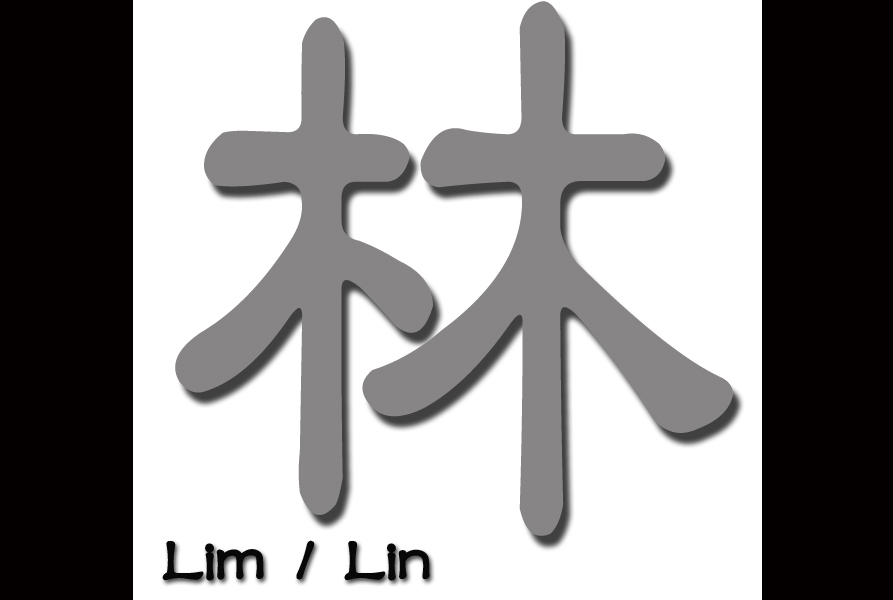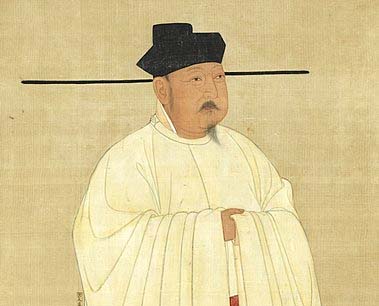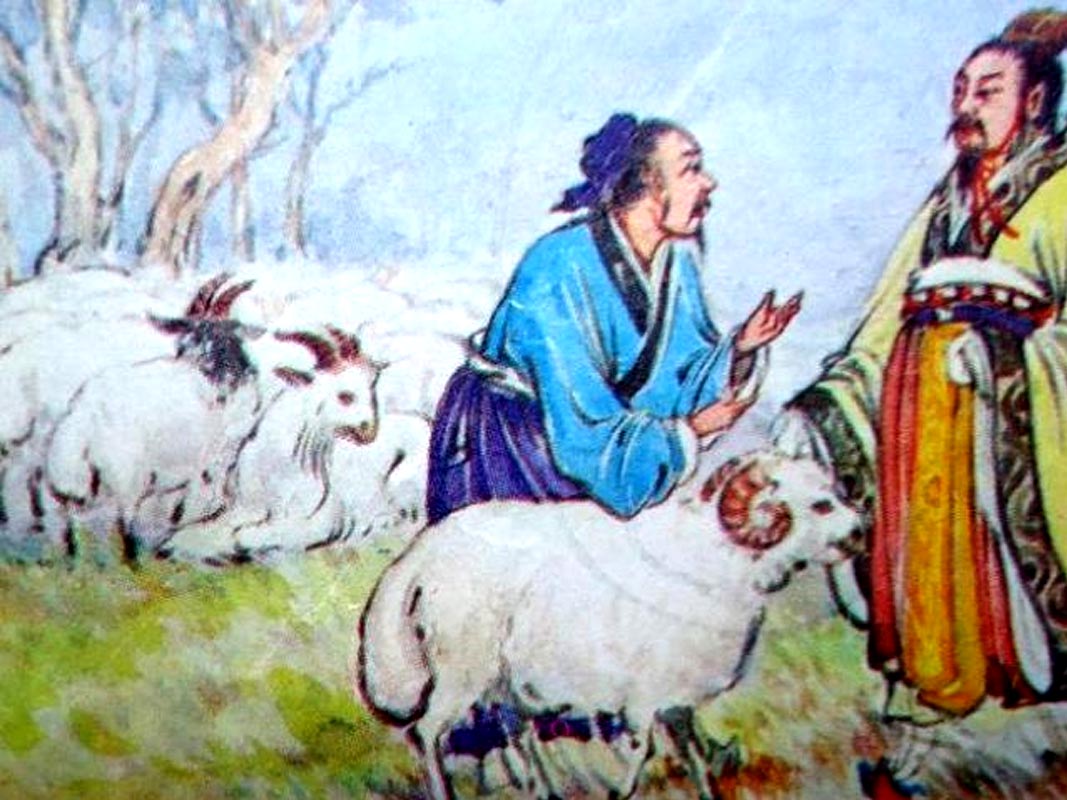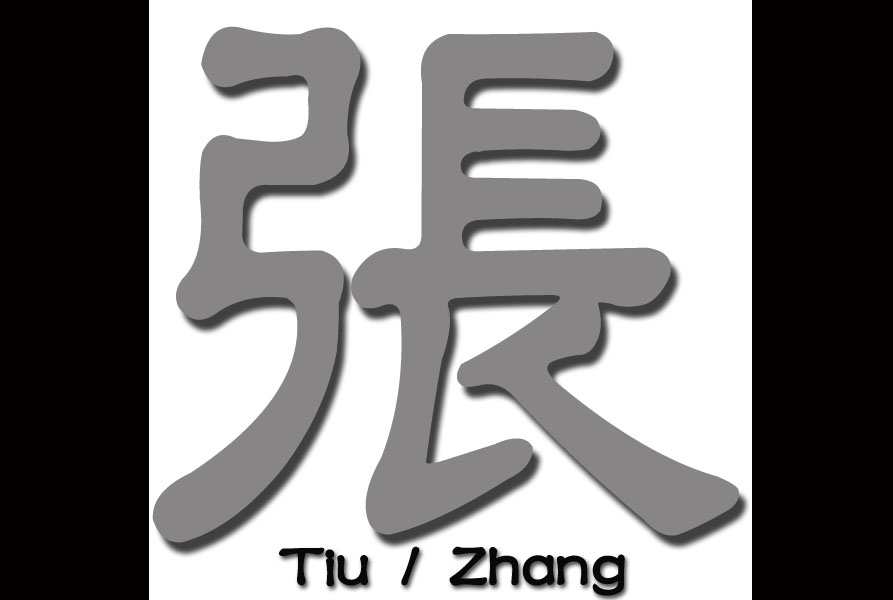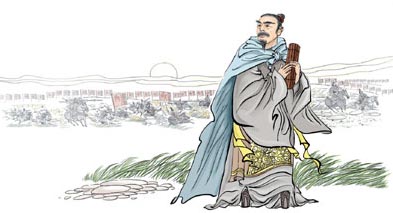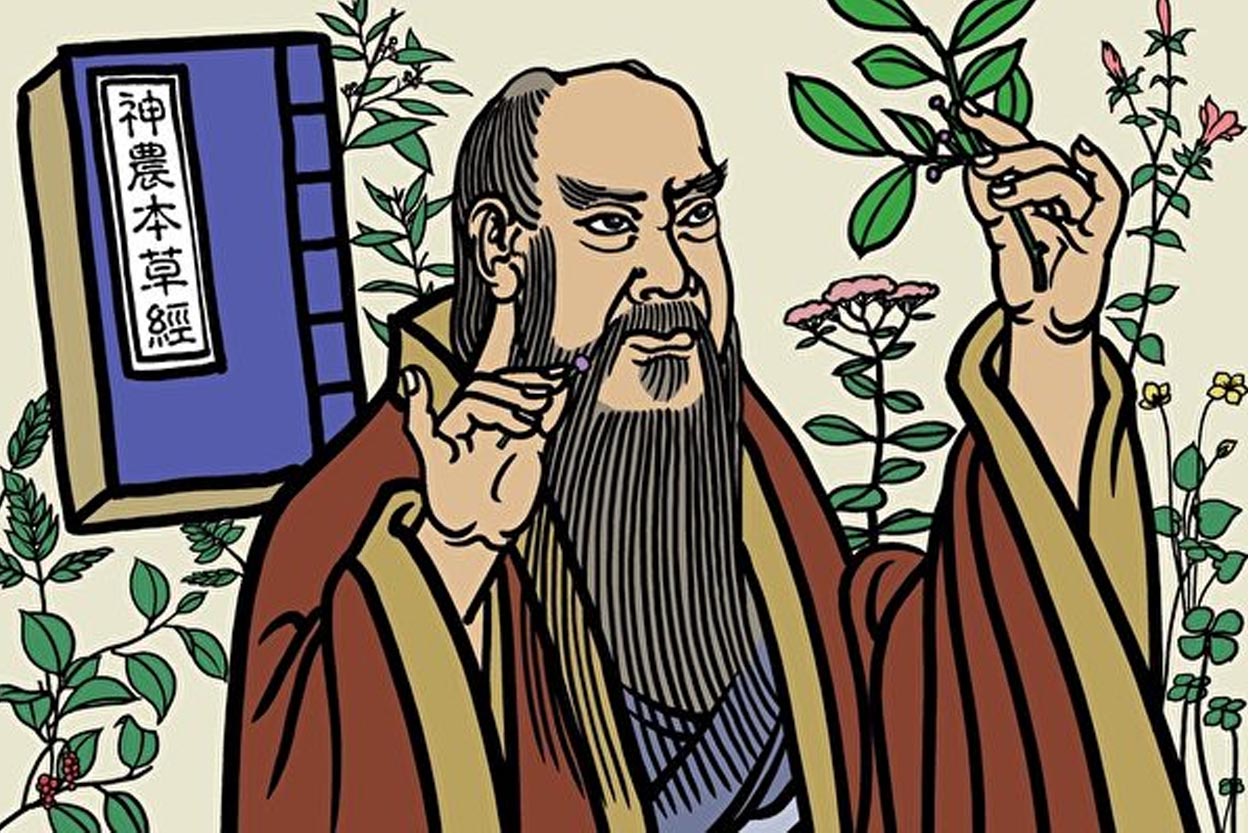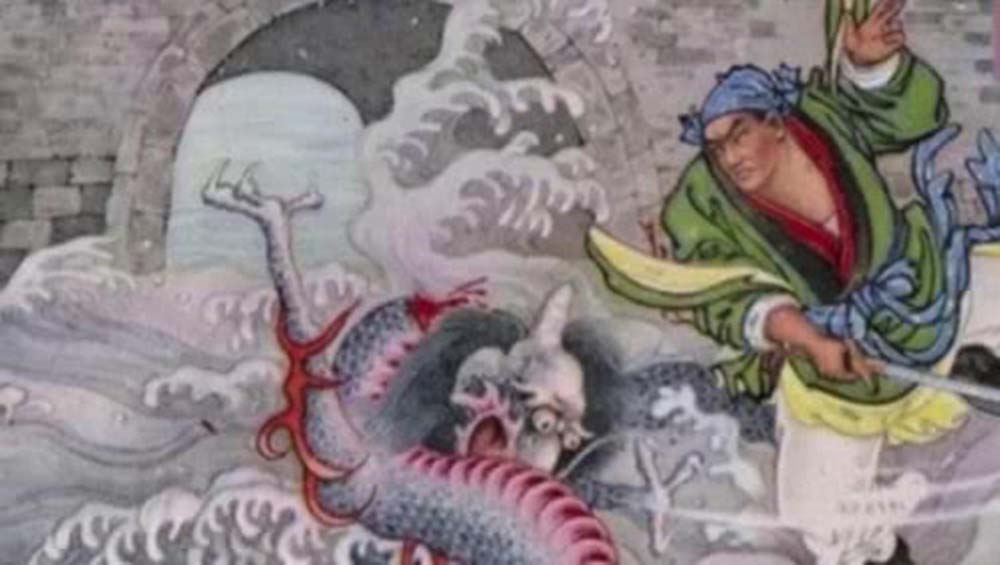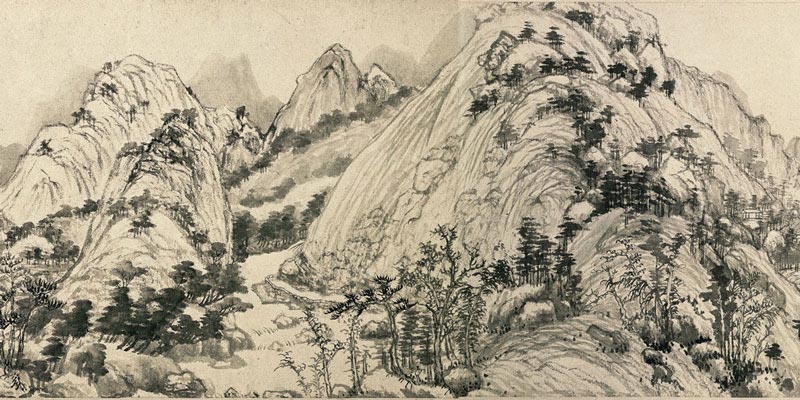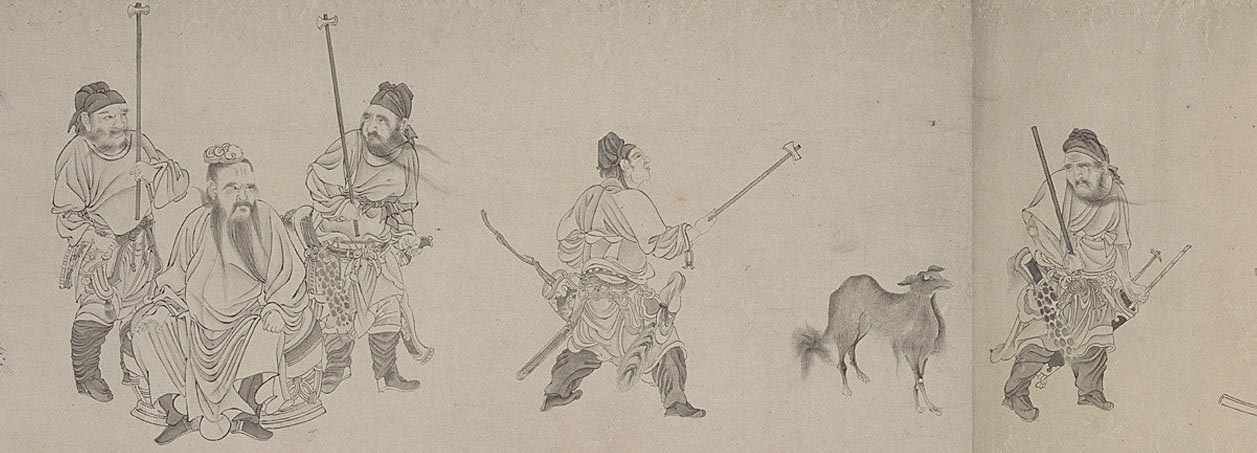林 (Lim in Hokkien, Lin in Mandarin) ranks only as the 17th most popular surnames in China. Yet, it is 6th among Tsinoys, a well-known Chinese surname that over time has been linked with swashbuckling romance, courage in battle, and service in government. In history, there is the pirate Lim-a-hong as early as 1574; Mariano […]
林 (Lin, Lim) in the Philippines
